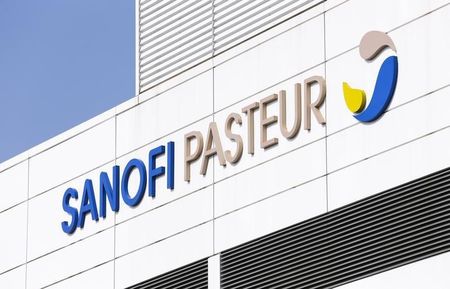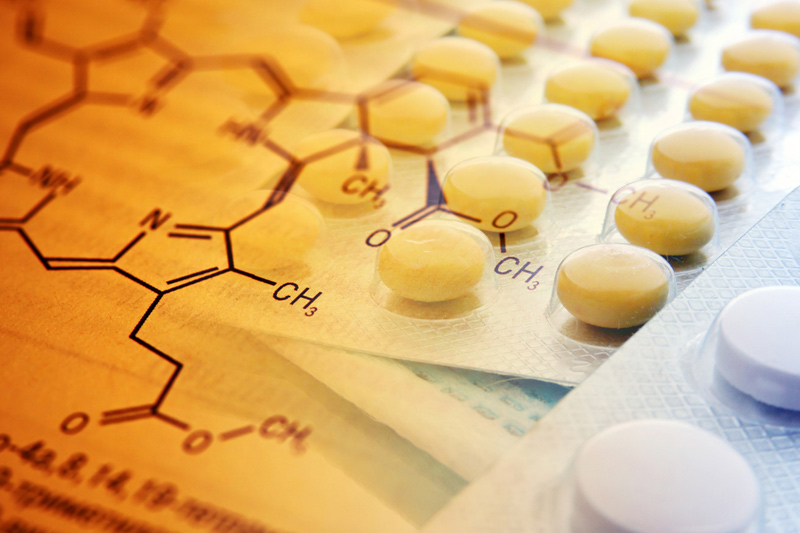PARIS (Reuters) - French drugmaker Sanofi (PA:SASY) raised its full-year guidance on Thursday after it posted stronger than expected quarterly earnings, driven by its rare disease business and higher sales in emerging markets.
Sanofi's business net income, which excludes items such as amortisation and legal costs, rose 3.9 percent to 1.54 billion euros (902 million pounds) on sales of 8.08 billion, putting business EPS at 1.17 euros per share. Analysts polled by Reuters had expected EPS of 1.14 euros a share on sales of 8.1 billion.
Adverse foreign exchange rates, mainly the result of a strong euro and weak US dollar, shaved 5.5 percentage points off quarterly sales growth.
At constant exchange rates, sales in emerging markets - which account for over a third of Sanofi's revenue - rose 16.5 percent, driven by Latin America and China, and 9.4 percent in the United States. They fell 2.8 percent in Western Europe.
After a string of disappointing results last year, Sanofi had provided a 2014 earnings guidance that analysts widely viewed as conservative, for business EPS to grow 4-7 percent at constant exchange rates. On Thursday, it said it now expected a rise of 6-8 percent, barring major unforeseen adverse events.
"Based on the solid momentum in our late stage pipeline, we are actively preparing for a wave of new product launches that will further redefine Sanofi as a biopharmaceutical leader," Chief Executive Chris Viehbacher said in a statement.
Under pricing pressure from cash-strapped governments and tough competition from generics, Sanofi has sought like other drugmakers to revamp its research and development (R&D) to launch new, harder-to-copy and more pricey biologic drugs.
It invested 1.4 billion euros so far so far this year to raise to 22 percent its stake in U.S. biotech Regeneron (O:REGN), its partner on several promising experimental drugs against high cholesterol, rheumatoid arthritis and asthma.
Sanofi has also sought to shake off the impact of patent losses on key drugs such as blood-thinner Plavix by betting on so-called "growth platforms" that include diabetes, rare diseases and over-the-counter treatments.
Sales of Lantus, the world's most prescribed insulin, rose 16.3 percent over the quarter, to 1.56 billion euros. Sales jumped 29.1 percent at Sanofi's rare diseases unit Genzyme and returned to growth at its animal health unit Merial, helped by the launch of new flea and tick control drug NexGard.

(Reporting by Natalie Huet; Editing by Mark John)
